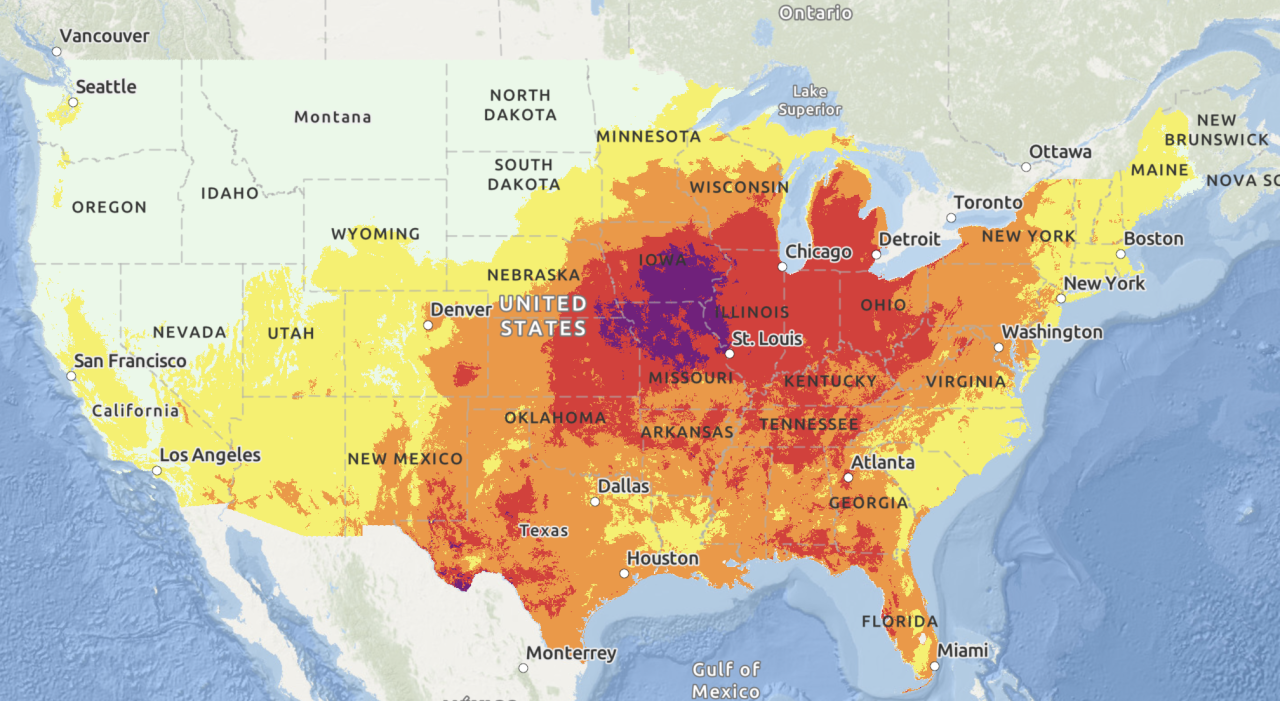The National Weather Service warned that the Midwest and Northeast could have their first extreme heat wave of 2024 early next week. Forecasters say the extreme heat could be "potentially dangerous."
As of Thursday, parts of the U.S. Southwest are under various heat advisories. Extreme heat warnings are in place for much of Arizona, including the Phoenix and Tucson areas. Some of the Central U.S., including the Kansas City area, is under a heat advisory.
According to the National Weather Service, the extreme heat will build in the Central U.S. on Sunday and spread into the Midwest and Northeast by Monday. Forecasters say temperatures could reach the mid- to upper 90s in the Ohio Valley and Northeast, with low temperatures remaining in the mid-70s, offering little relief to those without air conditioning.

Money
Tips for navigating insurance coverage for extreme weather
The National Weather Service added that the heat wave has the potential to be long-lasting as it could continue through June 26.
According to government officials, parts of Missouri, Illinois and Iowa could have extreme heat on Monday. At this level, government officials say there are likely impacts on most health systems and heat-sensitive industries and infrastructure.

That level of extreme heat could expand into the Chicago and Milwaukee areas by next Tuesday.

Americans can track the progress of extreme heat waves by going to heat.gov. The Biden administration launched the website in 2022 as a step to combat the effects of climate change.
The website also includes resources for officials, businesses and the public on how to stay safe when it’s hot.



